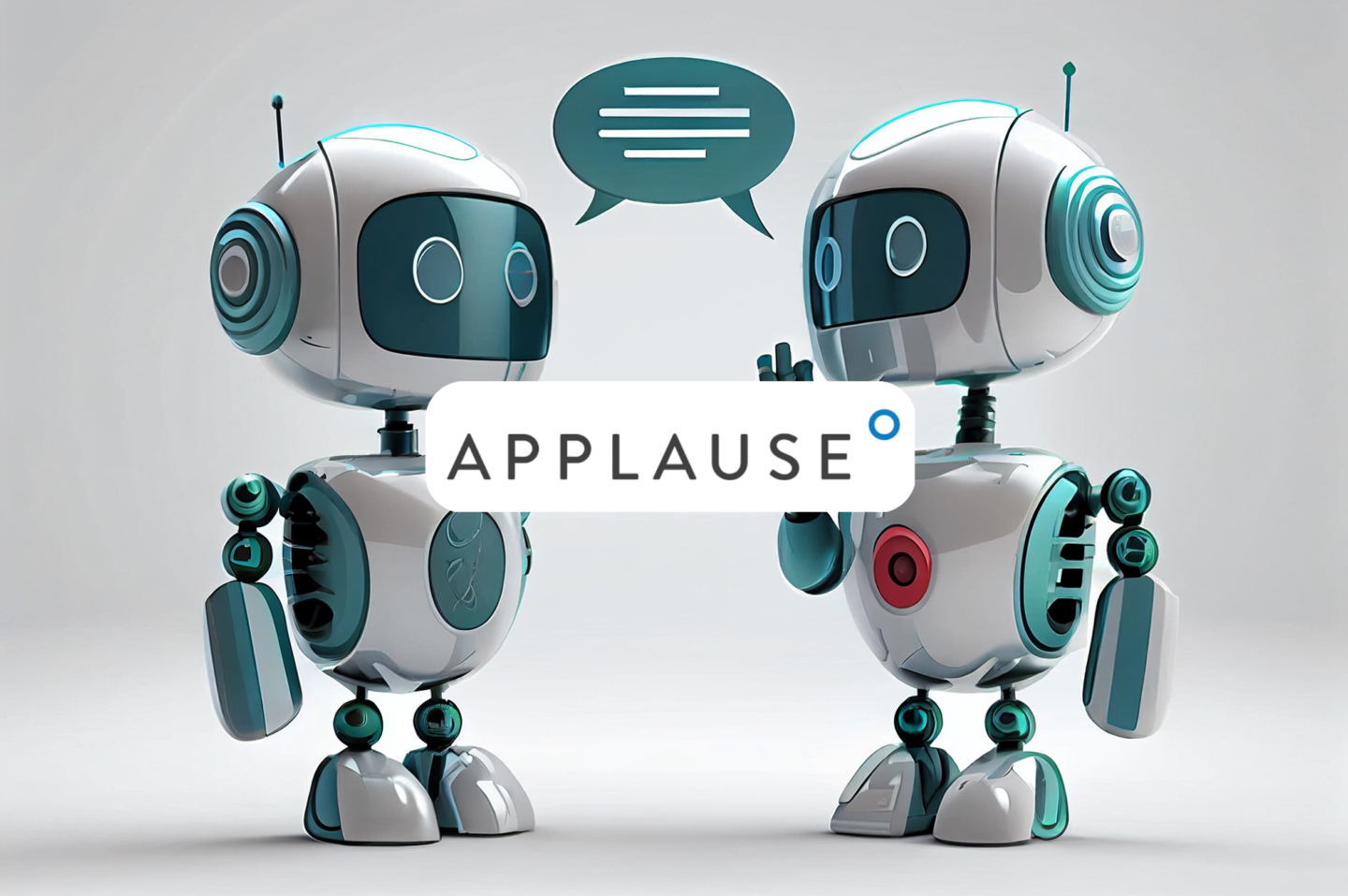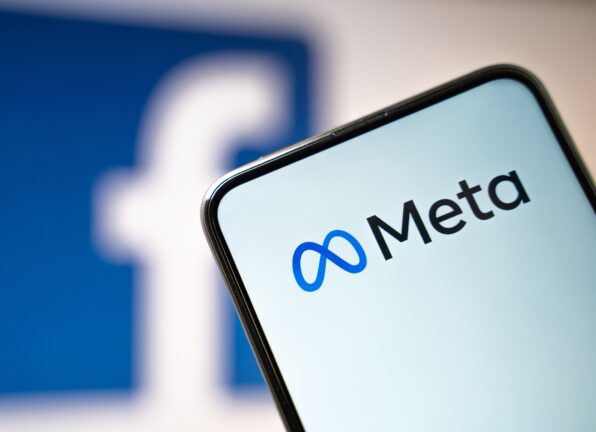Almost 30% of chatbots, interactive voice response (IVR) services, and conversational assistant users are unhappy with their experiences, reveals a recent study by Applause. The company's second annual AI and Voice Applications Survey has also highlighted concerns regarding the potential for inherent bias in AI-driven voice applications that could lead to negative impacts on engagements and outcomes for users.
“As AI technology becomes ubiquitous and we rely on it more heavily for mission-critical business functions, it is essential that we focus on quality – both from a data collection standpoint and from a training and testing perspective. For a second year in-a-row, a vast number of survey respondents shared their frustration with current chatbot interactions. Organizations must focus on bringing real world, unbiased insights into their development processes to drive improvements to their AI experiences and meet their customers’ rising expectations,” said Luke Damian, Chief Growth Officer, Applause.
Recently-launched generative AI applicationChatGPT has been receiving positive feedback from users, with 74% of them expressing satisfaction with their experience. The survey also found that more than two-thirds (67%) of users felt that ChatGPT understood their questions and provided them with helpful answers. In addition, when asked if similar technology would be helpful in completing work-related tasks, the majority of respondents (80%) answered positively, with 43% saying it would be "very helpful" and 37% saying it would be "somewhat helpful."
In contrast, when respondents were asked about their experiences with chatbots in general, up to 30% expressed dissatisfaction with the interactions. Some reasons for dissatisfaction included receiving incorrect answers (29%) and a lack of understanding (24%). Users also reported frustration as chatbots couldn't understand variations in language or phrasing of questions. Still, one-third of the respondents indicated they would be more likely to use chatbots if they responded accurately to inquiries and voice commands.
In spite of the complaints about chatbots, the majority of respondents (92%) still expect companies to have them on their apps or websites as an alternative to making phone calls. Moreover, 86% of respondents expect businesses to have IVR systems when they call, while about 44% expect mobile apps to have voice assistants.
The survey also explored how people feel about the issue of bias in AI-powered chatbots and smart voice assistants. Bias can occur when the algorithm that powers these tools is trained with limited or poor-quality data, resulting in negative or unexpected outcomes. When asked about bias in generative AI technology like ChatGPT, most respondents (86%) expressed concern.
Many companies have started implementing and leveraging ChatGPT in their systems, one of the most recent being InMoment.









